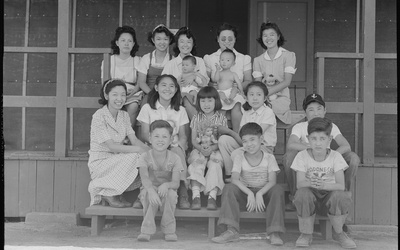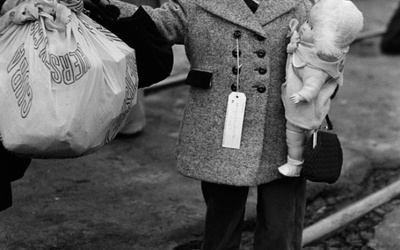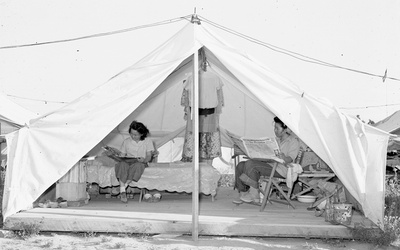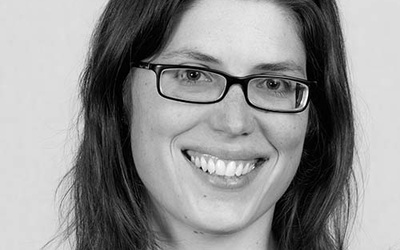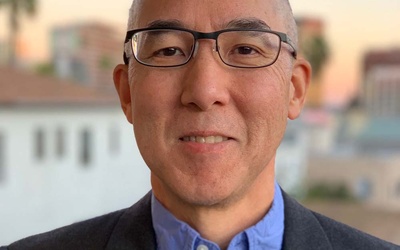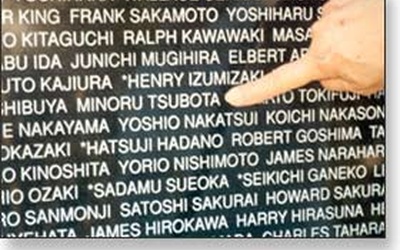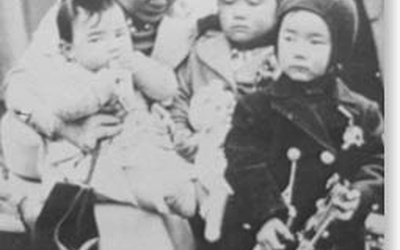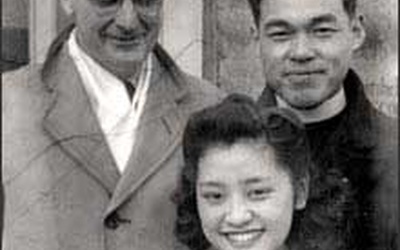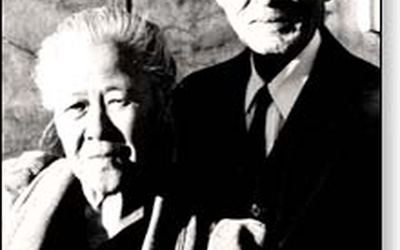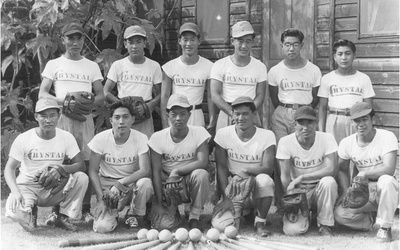
Denshō
@denshoDenshō: The Japanese American Legacy Project, ubicado en Seattle WA, es una organización participante en Discover Nikkei desde febrero de 2004. Su misión es preservar los testimonios personales de los japoneses estadounidenses que fueron encarcelados injustamente durante la Segunda Guerra Mundial, antes de que sus recuerdos se extingan. Estos irremplazables relatos de primera mano, junto con imágenes históricas, entrevistas relacionadas y recursos para docentes, se ofrecen en el sitio web de Denshō para explorar los principios de la democracia y promover la tolerancia y la justicia igualitaria para todos.
Actualizado en noviembre de 2006
Historias de Este Autor
Mitos comunes sobre el encarcelamiento durante la Segunda Guerra Mundial: “Más de la mitad eran niños”
11 de julio de 2016 • Brian Niiya , Denshō
"La mitad o más de los expulsados de la costa oeste y encarcelados en campos de concentración eran niños". En los últimos años, esta debe haberse convertido en la declaración errónea más común sobre el encarcelamiento de japoneses estadounidenses en tiempos de guerra. Aparece por todas partes: en publicaciones impresas, en películas y vídeos, y en varios sitios web de renombre. Me acordé de esto más recientemente cuando vi Cartas desde el campo producida por el Smithsonian Asian Pacific American …
Photographer Russell Lee
26 de mayo de 2014 • Morgen Young , Denshō
Photographer Russell Lee (1903–86) is best recognized for his work with the Farm Security Administration (FSA). His photographic career extended from 1935 until his retirement in 1973. He worked for the largest federal documentary project in the history of the United States, and it was during this time that he documented several hundred images of the forced removal and confinement of Japanese Americans in the spring and summer of 1942. Early Life Russell Lee was born on July 21, 1903, …
Detention Facility at Nyssa, Oregon
14 de mayo de 2014 • Morgen Young , Denshō
From May to November 1942, Nyssa [pronounced NISS-a], Oregon, served as the site of the first farm labor camp organized during the wartime Japanese American experience. Established as a result of the “Oregon Plan” for the forced removal and confinement of the state’s Nikkei residents, the camp held approximately three hundred fifty laborers at its peak. These workers provided critical agricultural labor in eastern Oregon’s Malheur County. By the summer of 1942, the camp became so well known that the …
Oregon Plan
6 de mayo de 2014 • Morgen Young , Denshō
During the April 7, 1942 Salt Lake City governors’ meeting, George K. Aiken, executive secretary to Governor Charles Sprague of Oregon, presented the state’s plan for the forced removal and incarceration of Japanese Americans during World War II. The so-called “Oregon Plan” was ultimately rejected by the War Relocation Authority (WRA) but led to the establishment of a Japanese American farm labor camp in Nyssa, Oregon, the first such labor camp organized during the war. Background and Development of the …
Terrorism, 1945 Style
13 de febrero de 2012 • Brian Niiya , Denshō
One of the articles I’ve been working on for the Densho Encyclopedia on and off is a piece on the terroristic incidents that greeted the first Nisei to return to the West Coast in the early months of 1945. I had remembered reading a bit about houses being burned down, shots fired, and the like and wanted to have a short piece on that mostly forgotten topic. In looking at the secondary literature, I was surprised to find that very …
Hatsuji Becomes Harry: Names and Nisei Identity
16 de marzo de 2011 • Denshō
“When I got married and had kids, I didn’t try to share with them too many Japanese things. And when they were born, I made sure none of them had Japanese first names.” —May K. Sasaki What we call ourselves says much about how we want the world to see us. Aspiring entertainers adopt stage names; militants drop the surnames of their oppressor ancestors; immigrants voluntarily or involuntarily end up newly dubbed in their new country. Usually outsiders don’t presume to …
Evacuation or Exclusion? Japanese Americans Exiled
22 de febrero de 2011 • Denshō
“They came here to be American.” —Earl Hanson As we trace the calendar of Japanese American history through the images and words preserved in Densho’s Digital Archive, we come upon dismaying news photos dated March 30, 1942. On that day, the first Japanese American families were taken from their homes by armed soldiers under the authority granted by President Roosevelt to Western Command General John L. DeWitt.The general had won the cabinet-level argument in favor of removing every man, …
Real Friends: Standing by the Japanese Americans
8 de diciembre de 2010 • Denshō
"Everywhere there is community feeling to be mended, vicious legislation to be defeated, many urgent jobs calling for attention from real friends of the real America." --Letter from Friends of the American Way Whether through principle or personal attachment, true friends of Japanese Americans did not abandon them after the attack on Pearl Harbor, when in public perception they were suddenly equated with the enemy. Interviews and documents preserved in the Densho digital archive give poignant testimony to the consolation …
Pioneer Generation: Remembering the Issei
1 de diciembre de 2010 • Denshō
They were early pioneers. And especially on farms it was very difficult for them." --Kara Kondo The stories Nisei interviewees tell about their parents form a pattern: Fathers left the villages and rice farms of Japan at the turn of the last century to earn money in Hawaii and mainland United States. Some still in their teens, they took grueling jobs at farms, lumber mills, railroad camps, and fishing canneries; others worked as houseboys. Once they earned enough money, …
International Internees: The Family Camp at Crystal City
24 de noviembre de 2010 • Denshō
"The bitterness of the incarceration was there, but they were able to circumvent it somehow and live a pretty decent...community family life." --Mako Nakagawa Days after the Texas Board of Education voted to amend the state's social studies curriculum in order to correct a perceived liberal bias, a Texas chapter in Japanese American history comes to mind. According to press accounts, among the changes the school board made to the curriculum is "an amendment stressing that Germans and Italians …

